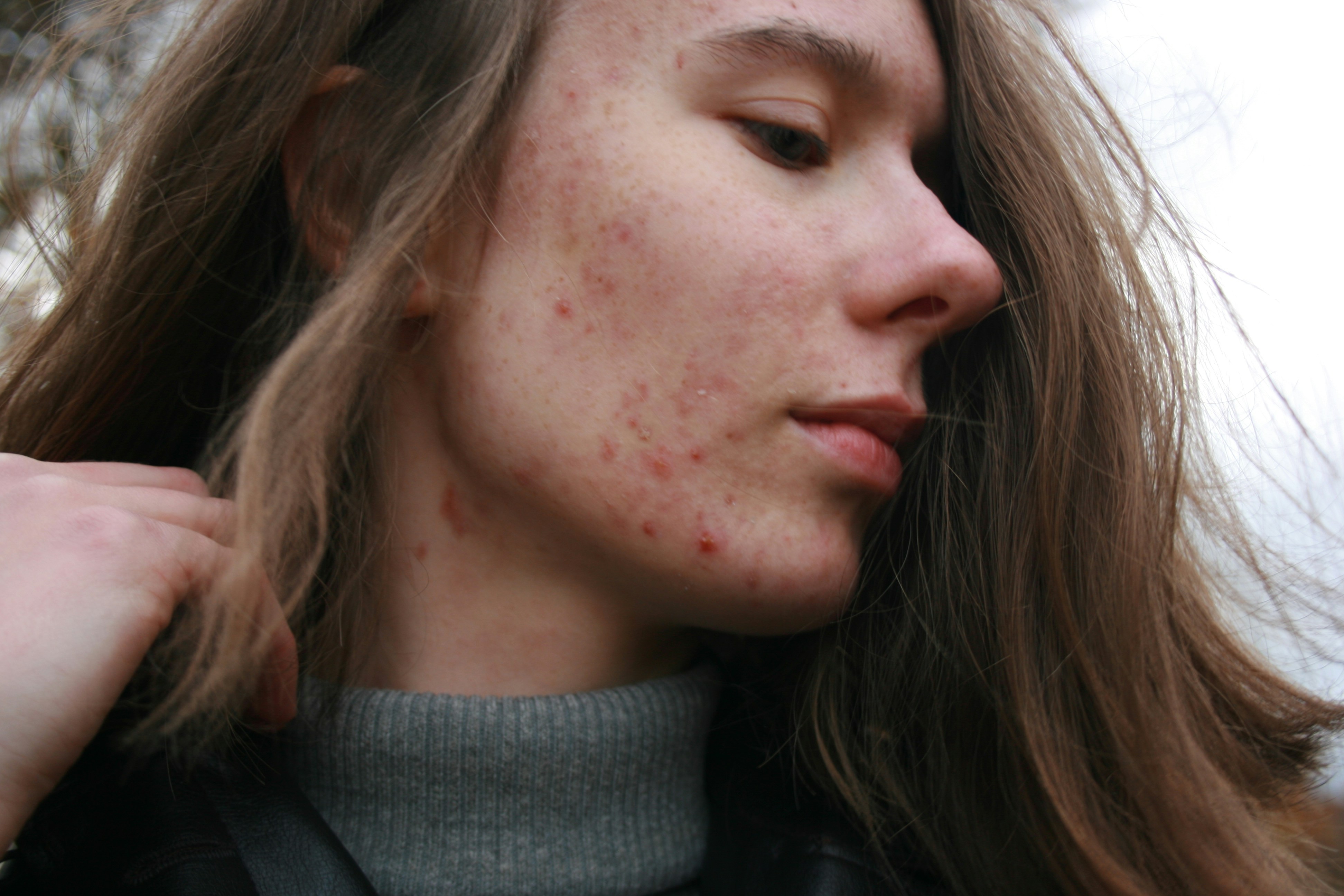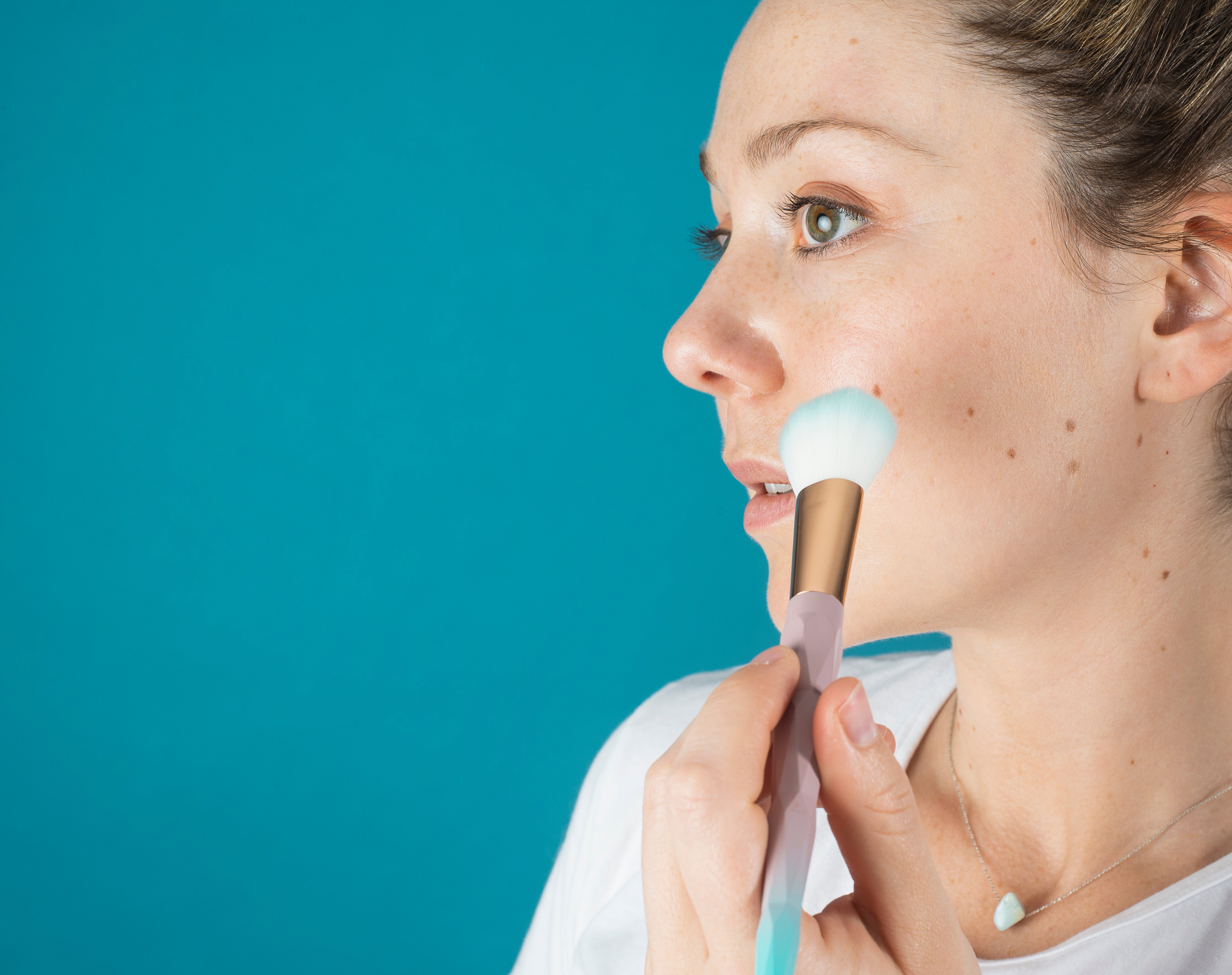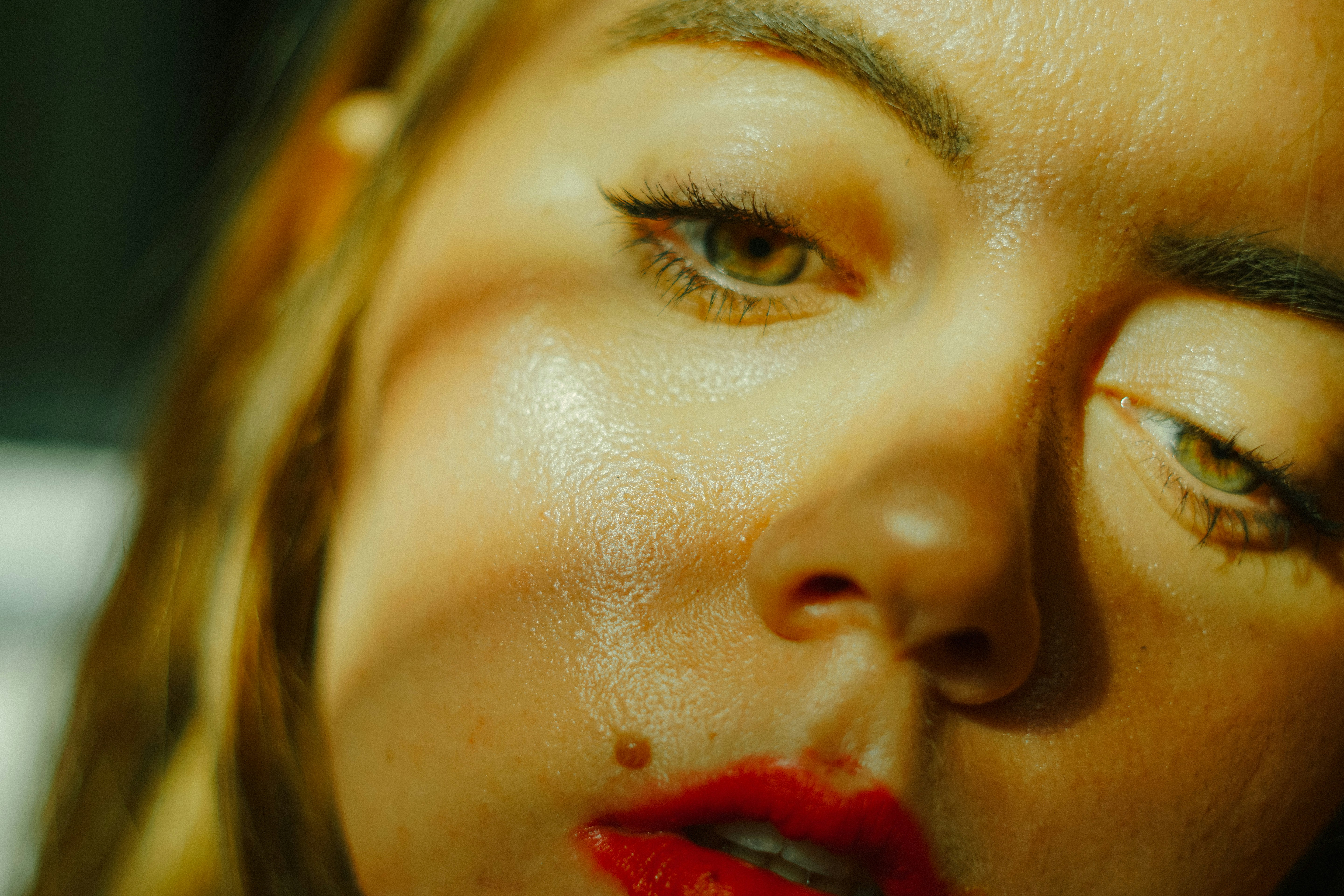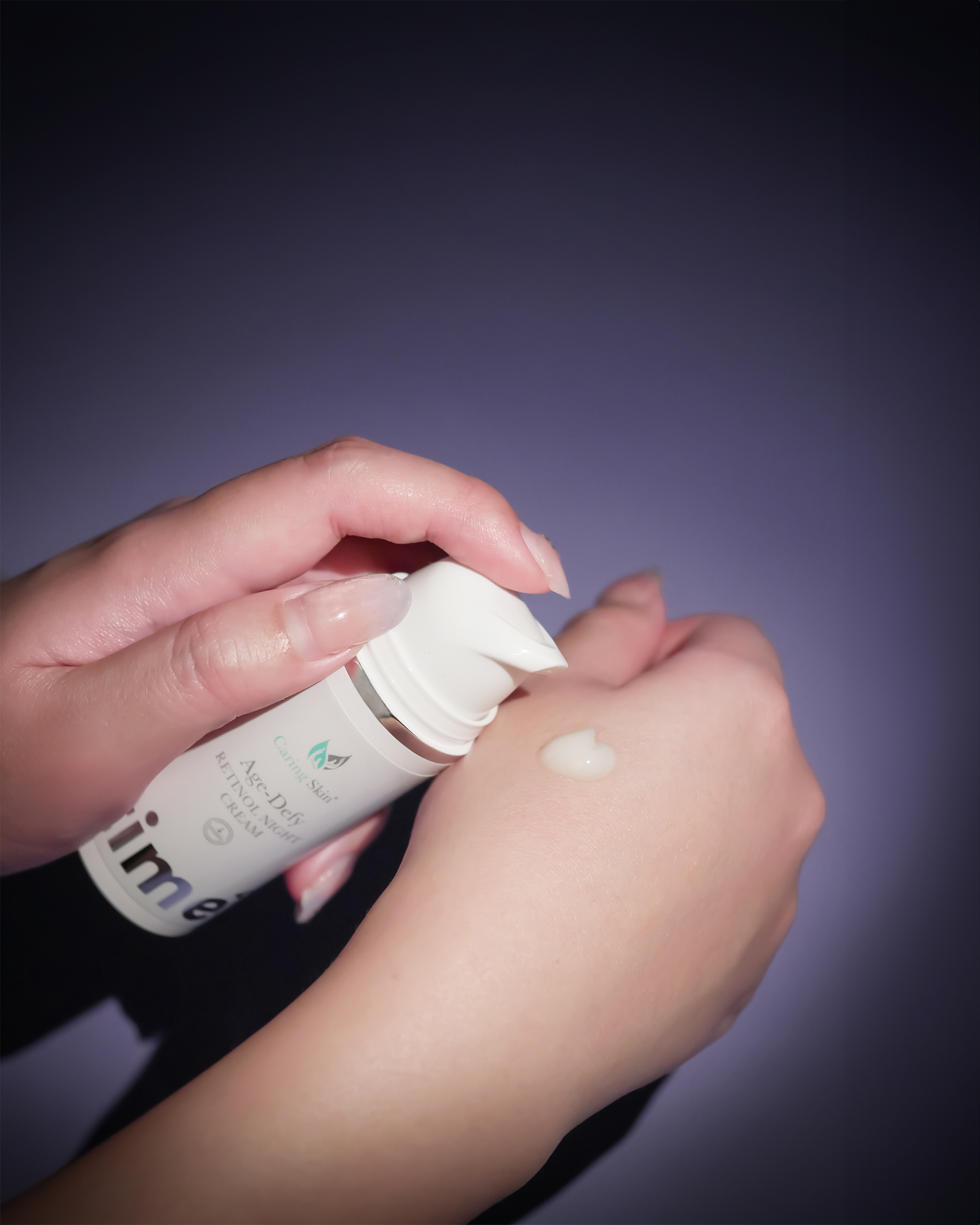Acne is a common skin condition caused by a combination of factors that affect the skin, including hormonal changes, excess sebum production, inflammation, and bacteria. Hormonal fluctuations during puberty, pregnancy, or certain medical conditions can increase sebum production, leading to clogged pores and the formation of pimples. Factors like diet, stress, medications, and skincare products can also contribute to acne development.
Types of Acne

Comedonal Acne
Comedonal acne presents as whiteheads and blackheads. Whiteheads are closed comedones formed by clogged hair follicles covered by skin, while blackheads are open comedones with oxidized debris visible on the skin's surface.
Inflammatory Acne
Inflammatory acne occurs when blocked follicles become inflamed or infected, resulting in red, tender bumps known as papules and pustules. Papules are small, raised red bumps, while pustules contain pus at their center.
Cystic Acne
Cystic acne originates from deep within the skin, forming large, painful, pus-filled cysts that can lead to scarring.
Nodular Acne
Nodular acne, similar to cystic acne, results in large, solid lesions embedded within the skin, causing pain and potential scarring.
Acne Scars: Post-Acne Healing
After acne heals, it can leave behind scars and permanent textural changes in the skin, particularly in severe cases like cystic and nodular acne. Acne scars occur when the skin tissue is damaged, leading to the formation of collagen fibers that do not match the surrounding skin's texture.
Is There A Difference in Acne Scars And Acne Marks?
Acne Marks: Temporary discolorations post-acne healing, appearing as red, pink, or brown spots without textural changes. Treatable with topical solutions focusing on lightening and brightening.
Acne Scars: Result from collagen damage, manifesting as raised (hypertrophic) or depressed (atrophic) scars. Medical aesthetic treatments can help remodel the skin and promote repair.
Preventing Acne and Managing Scars
To prevent acne and manage acne scars effectively, consider the following strategies:
Professional Facial Treatments: Professionally trained estheticians utilizes a combination of deep cleansing, exfoliation, extraction, and targeted skincare products, helping to unclog pores, reduce inflammation, and promote skin healing, resulting in clearer and healthier-looking skin. These facial treatments can help to reduce the appearance of acne before they become a bigger issue.
Acne Laser Treatment: Utilizes concentrated light energy to target acne, kill bacteria, reduce inflammation, and promote collagen production for skin healing and scar improvement.
How Caring Skin Helps
Caring Skin offers an array of different treatments to help subdue the pains of acne marks and acne scars.
NIR Cell Light: The NIR Cell Light treatment is a cutting-edge skin rejuvenation therapy that helps to enhance the skin quality while being non-invasive. It offers a quick session with zero downtime to address your skin needs.
Matricol Refiner: The Matricol Refiner is expertly designed to tackle acne scars, skin discolouration and uneven textures with the use of chemical peels. It helps to buff away your skin’s flaws to reveal a smoother, more radiant and even toned complexion
SHR Treatment: The SHR treatment will target and lighten acne scars, reduce pigmentation and refine skin textures.
Endymed FSR: The Endymed FSR helps to dive deep into the layers of your skin, lightening acne scars and rejuvenating your skin.
This Is Your Sign To Try Caring Skin
If you still have any acne concerns, Caring Skin is here to answer your every need! Here at Caring Skin, we care for you and wish to help you face life with confidence.
This is your sign to try Caring Skin and face life with confidence. book your appointment today!








